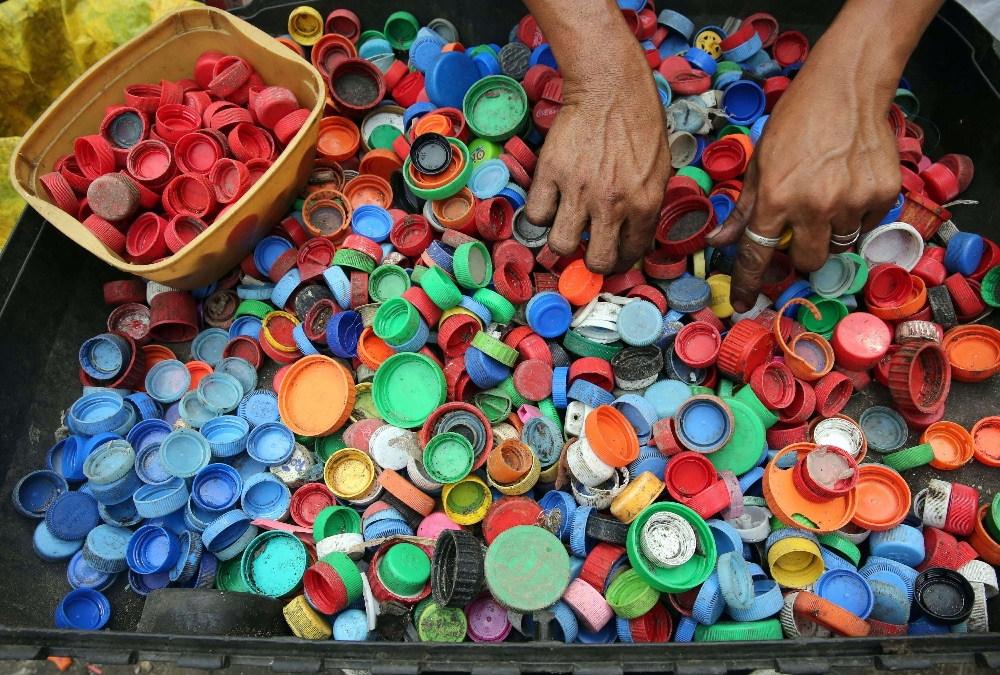What is Upcycling Business and its Benefits?
In upcycling business practices, objects that have been forgotten or considered useless are transformed into different and more useful products
Upcycling, in a business context, refers to the process of changing materials or products that are no longer used or considered waste into new products of higher value or better quality. This process not only involves recycling, but also enriches or enhances the aesthetic and functional value of the original material.
In the business practice of upcycling, objects that have been forgotten or deemed useless are transformed into different, more useful products, often with the addition of creative designs or functional innovations. For example, old tires can be turned into elegant garden furniture, or leftover fabric from the textile industry can be turned into unique clothing or fashion accessories.
Upcycling businesses focus on sustainability and environmental responsibility. By minimizing waste disposal and reducing the need for new resources, upcycling provides an environmentally friendly alternative to conventional production. Additionally, upcycling often combines elements of creative design and innovation, which add artistic and commercial value to the final product.
Basically, the upcycling business is a combination of environmental concern, innovation and creativity, which not only generates economic profits but also contributes to sustainable solutions to environmental challenges.
 Photo by Krizjohn Rosales
Photo by Krizjohn RosalesBenefits of Upcycling
The benefits of upcycling in a business and environmental context are very diverse, covering economic, environmental and social aspects:
- Waste Reduction: Upcycling helps reduce the volume of waste that ends up in landfills or incinerators. By turning unused items into new products, upcycling reduces the need to throw them away.
- Resource Savings: The upcycling process reduces the need for new resources. This is important to conserve limited natural resources and reduce the environmental impact of mining and processing of raw materials.
- Carbon Emission Reduction: By using existing materials, upcycling can reduce carbon emissions associated with producing new goods, including emissions from manufacturing and transportation processes.
- Innovation and Creativity: Upcycling often sparks innovation and creativity. This creates opportunities for unique designs and attractive products that cannot be found in mass production.
- Community Empowerment: Upcycling initiatives can empower local communities through job creation and skills development. This process often involves traditional crafts and techniques that support local cultural and economic sustainability.
- Environmental Awareness: Upcycling businesses promote environmental awareness and responsible consumption. This invites consumers to rethink the consumption and environmental impact of their purchasing habits.
- Increased Economic Value: Upcycling can add economic value to items previously considered worthless. The resulting products often have a higher selling value because they are unique and sustainable.
- Support for the Circular Economy: Upcycling is an important component of the circular economy, where products and materials are kept in the use cycle for as long as possible, reducing the need for excessive production and consumption.
List of Brands Operating in the Upcycling Sector
There are brands operating in the upcycling sector in Indonesia, including:
- Sare Studio: Homewear brand that uses sustainable materials, including LENZING™ ECOVERO™ fiber from certified and sustainable wood. They also have EU Ecolabel certification.
- Popcycle: Popsiklus is a local Indonesian brand that focuses on upcycling, turning used materials into functional, artistic items. Founded by Kurniati Rachel Sugihrehardja (Nia), Popsiklus started its journey with the name 'Bikinbikincraft' before changing its name to Popcycle.
- Osem: A local fashion brand that applies the concept of less or zero waste, using leftover production fabric and natural dyes from the Indigofera Tinctoria plant.
- Sukkha Citta: Applying 100% natural dye coloring and focusing on empowering local craftsmen. They also reduce the disposal of textile waste by processing it back into packaging.
- Ground: A footwear brand that uses natural materials such as kenaf fiber, recycled used tires, coconut shells and organic cotton.
- Equivalent to Indonesia: Founded by singer Andien Aisyah, this brand uses the concept of "Reuse, Repair, Recycle" to recycle leftover fabric.
- Imaji Studio: Applying the zero waste concept to all their products, including accessories and clothing, by using woven fabrics containing natural fibers.
- Rentique: Offering a more sustainable fashion alternative with clothing rental services, supporting a sustainable lifestyle.
Sign up for our
newsletter
